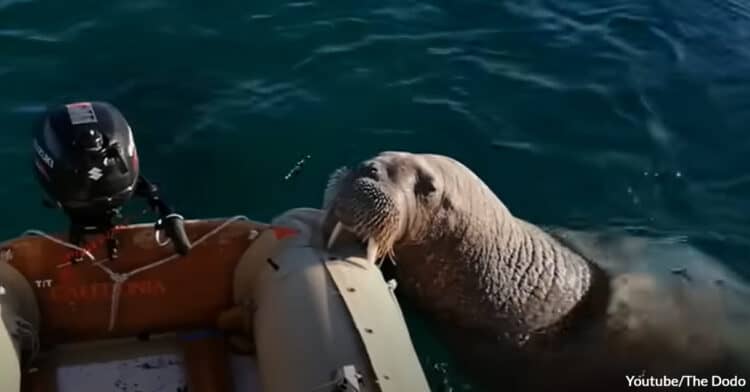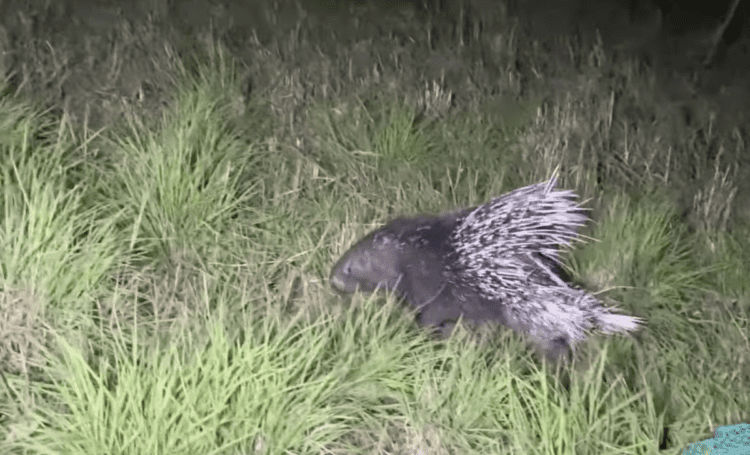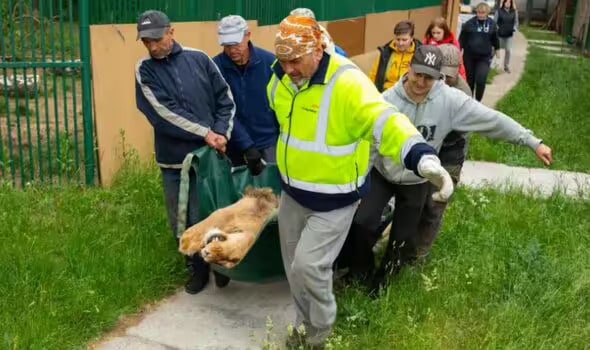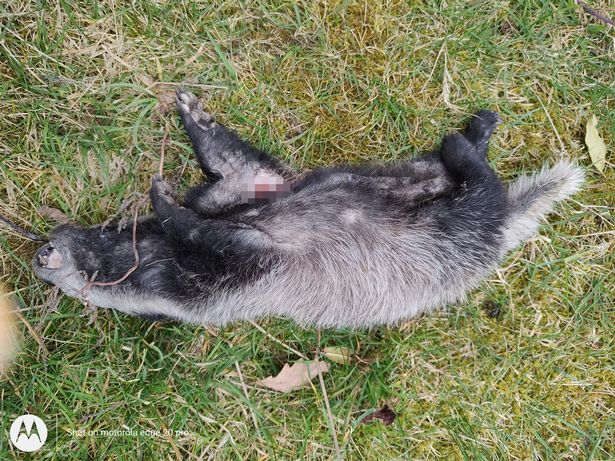We sometimes hear about dogs or cats getting rescued, but this is perhaps the first time that we talked about a pangolin getting rescued.
As it turns out, it happened to Dithlong (Ditsi) the pangolin and she is now enjoying life at the Manyoni Private Game Reserve in South Africa.
When rescuers first found Ditsi, she was with poachers who had taken her from the wild. They were able to rescue her and rehabilitate her, thanks to assistance from the Zululand Conservation Trust.
According to Latest Sightings, the reserve spoke about Ditsi, saying:
“She was rescued from the illegal wildlife trade during a sting operation led by law enforcement officers. This helpless pangolin was taken by illegal traffickers in the North-Western province of South Africa in 2021. Thankfully at Manyoni, she is recovering well and enjoying her refreshing afternoon swims.”
This pangolin, who was captured from the wild, is now back in the wild, but in a protected area. She loves giving herself a bath in the muddy water and soaking it up in the sun.
Eventually, they are going to release Ditsi back into the wild. She will be on her own but monitored by the Zululand Conservation Trust. They would like to learn more about pangolins and how they live in the wild.
Mandolins offer a lot of benefits to humans. They eat up to 70 million insects annually, thanks to their tongue, which is similar to an anteater.
The scales on their body are made up of keratin, and it helps to protect them from predators. They are so strong that even a lion can’t bite through the scales. As it turns out, however, they have a predator that is far worse than a lion.
According to Latest Sightings: “They have been dubbed the world’s most trafficked mammal! A disheartening 2.7 million pangolins are poached from the wild every year. These amazing creatures possess no vocal cords and their only defense is to roll into a ball and lay still. This makes it easy for poachers to capture and conceal them.”
When the poachers have them, they often deteriorate quickly because of stress, dehydration, and a lack of food. There are people who are doing their best to fight the illegal trade, but it is still an uphill battle.
This article by Timothy Roberts was first published by The Animal Rescue Site.
What you can do
Support ‘Fighting for Wildlife’ by donating as little as $1 – It only takes a minute. Thank you.
Fighting for Wildlife supports approved wildlife conservation organizations, which spend at least 80 percent of the money they raise on actual fieldwork, rather than administration and fundraising. When making a donation you can designate for which type of initiative it should be used – wildlife, oceans, forests or climate.







Leave a Reply